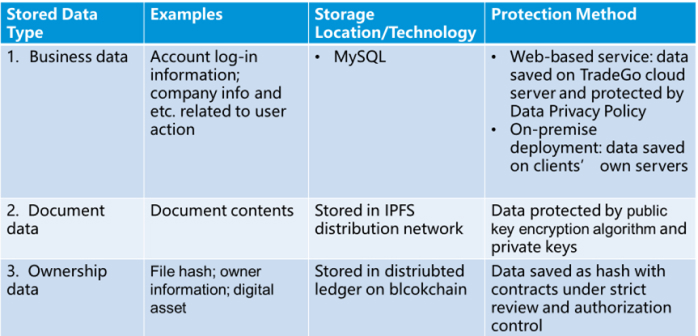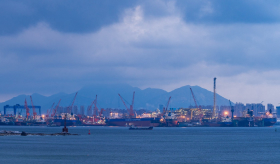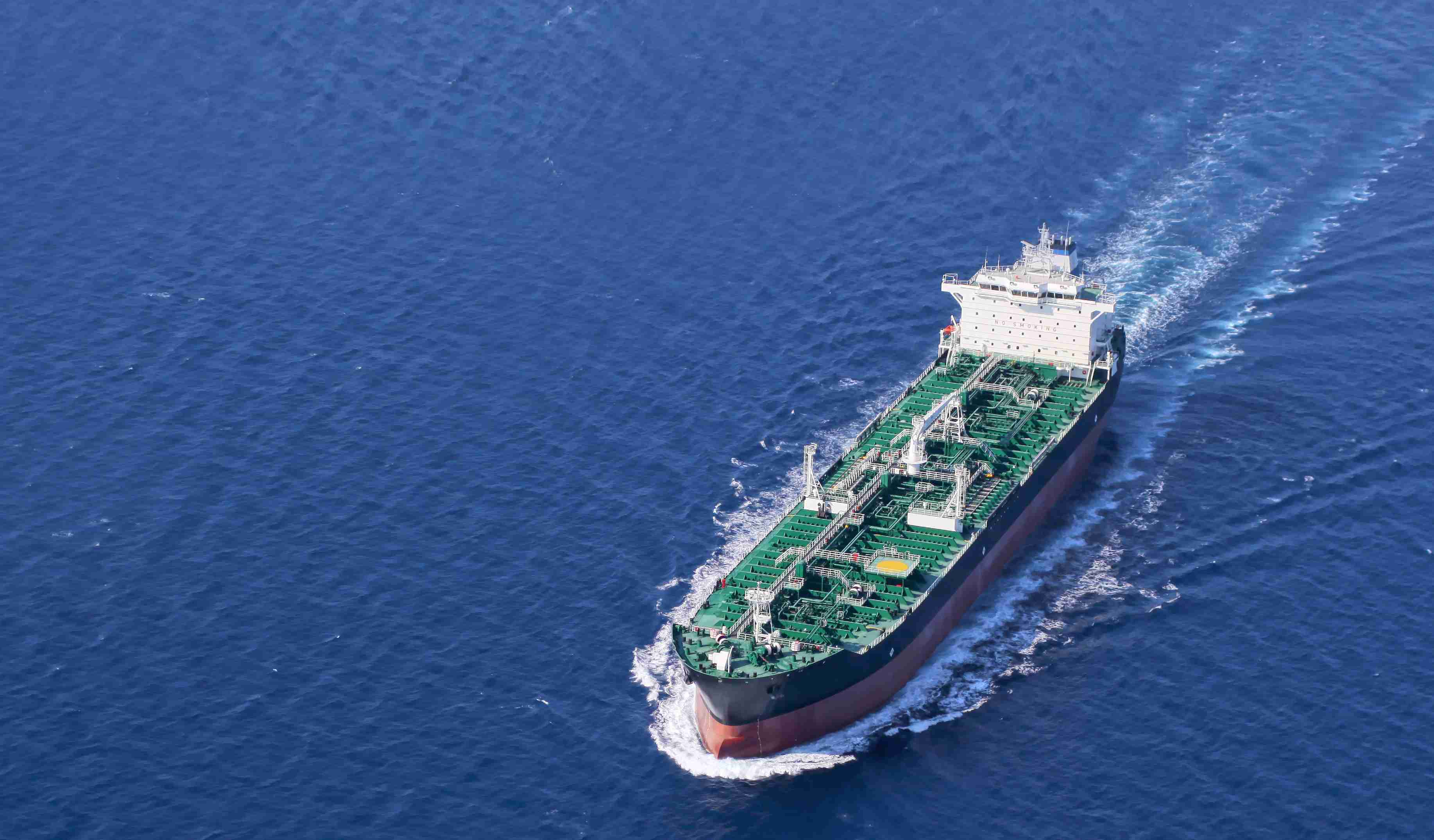Q1. Is eBL a scanned copy of paper Bill of Lading?
No, an Electronic Bill of Lading (eBL) is not merely a scanned copy of a paper Bill of Lading. It's a digital alternative of the traditional paper Bill of Lading, which operates in a digital ecosystem, and is designed to perform all the functions of a traditional B/L, contract for the carriage of goods, a receipt of goods, and a document of title that can be transferred to others. This means there is no physical paper document; instead, all transactions and endorsements are done online.
Q2. What is the difference between eBL and telex release?
The difference between an Electronic Bill of Lading (eBL) and a Telex Release revolves around how the ownership of the goods being shipped is transferred and the format in which the bill of lading is issued and managed:
While both are paperless solutions, an eBL is a digital document with legal status that can be transferred electronically to signify ownership of the cargo, enhancing efficiency and security in global trade. A Telex Release, however, is a procedural method to facilitate cargo release when the original bill of lading cannot be presented in time, relying on communication between shipping agents.
Q3. What is the underlying technology of TradeGo?
And how it’s been used?
We use blockchain as the underlying technology of TradeGo platform. By using blockchain, no participant can change or tamper with a transaction after it’s been recorded to the blockchain shared ledger. This is assured by blockchain technology and well-known as most important feature of blockchain.
As each transaction occurs, it is recorded as a “block” of data,Each block is connected to the ones before and after it,Transactions are blocked together in an irreversible chain: a blockchain. This removes the possibility of tampering by a malicious actor — and builds a ledger of transactions you and other network members can trust.
Q4. How does TradeGo make sure its online services
keep running stably?
The following processes have been implemented to make sure TradeGo online services keep running stably:
Based on the infrastructure construction from mainstream cloud service providers, TradeGo system has high service stability and consultation channels for experts in various fields
TradeGo system has high availability in terms of capacity planning and flow control. The service configuration supports dynamic upgrade. And all services are based on container deployment. If TradeGo service is down or unavailable, we can deploy servers rapidly and restart services in different regions to ensure restore within one day;
The system is backed up on a daily basis and the database is backed up on an hourly basis. Once the data is permanently lost, all the data one hour ago can be recovered;
Document storage is based on IPFS cluster. As long as at least one node is active, documents can never be lost;
Based on the characteristics of distributed ledger, blockchain nodes can ensure data traceability and distributed storage. We have the capability of automatically monitoring service health status of nodes. In case of abnormal conditions, an alarm will be raised, so that we can quickly solve problems. Normal faults can be solved in minutes. We have also developed a disaster recovery plan to complete system reconstruction within 24 hours based on backup.
By choosing node deployment locally, the users need to ensure the stable operation of the node on their own. However, TradeGo will also assist in monitoring the connection status of nodes to help customers find and solve problems as soon as possible.
Q5. What solutions TradeGo provides for user’s data privacy protection? And what is the difference?
We provide two deployment solutions to meet different data privacy requirements of our clients.
a. Private Node Deployment Solution: By deploying privately on the customer's own servers, along with the IPFS transfer mechanism, plaintext information is physically ensured to be visible only to relevant parties, and stored on the customer's own servers. Encrypted information is synchronized to the blockchain, with the platform only responsible for the maintenance of the encrypted ledger to ensure the records of the transactions are immutable and verifiable.
b. Non-Private Node Deployment Solution: Plaintext information is interacted with through the TradeGo platform's servers. The platform will protect customer data privacy through relevant clauses in the "User Agreement" and the "Platform Privacy Policy."
Q6. How doe the platform manage different types of data, such as business data, ownership data, etc.?

Q7. What is the legal validity of TradeGo's digital Bill of Lading?
The legal validity of TradeGo's digital Bill of Lading (B/L) rests on the agreements made between users and between users and the platform. Parties consent to the equivalence of TradeGo's electronic and paper B/Ls in legal effect through signing the "TradeGo User Agreement." This agreement has been acknowledged by the International Group of P&I Clubs (IGP&I), supported by documents "MemberCircular_16_2022" and "China P&I Club Circular (2023) No.1."
Electronic_Bills_of_Lading_FAQs_c5mxPvY.pdf (igpandi.org)
Q8. What does the recognition by the International Group of P&I Clubs (IGP&I) signify?
IGP&I's recognition signifies a substantial endorsement for digital B/L platforms, given its role in providing coverage for over 90% of the global maritime shipping fleet. TradeGo's digital B/L product earned this recognition in early 2023, marking a significant milestone in its adoption and promotion within international trade practices.









